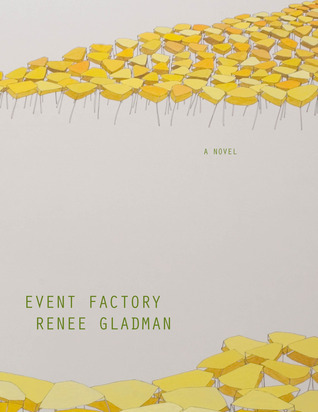What do you think?
Rate this book


126 pages, Paperback
First published November 1, 2010
Listening to them was like gathering water without a pail. They never ceased explaining the shape and nature of things, but did so in too twisting a narrative to become memorable. Water gathered around my feet. I tried to capture it with my mind. I asked Dar to hold some. But it was water. Water you cannot hold.